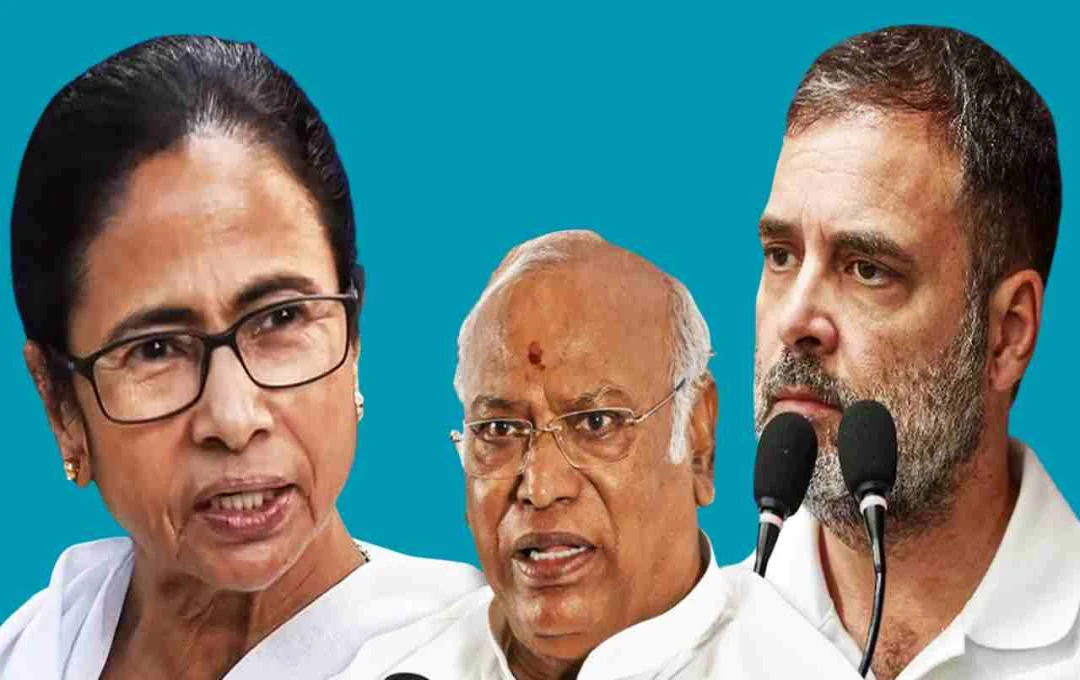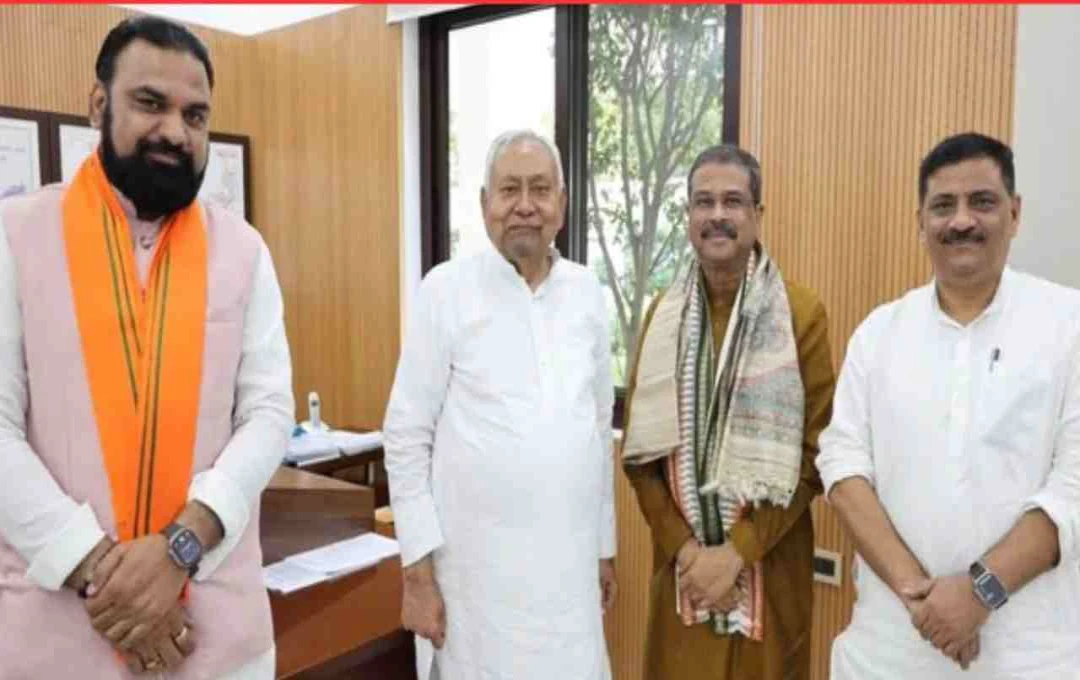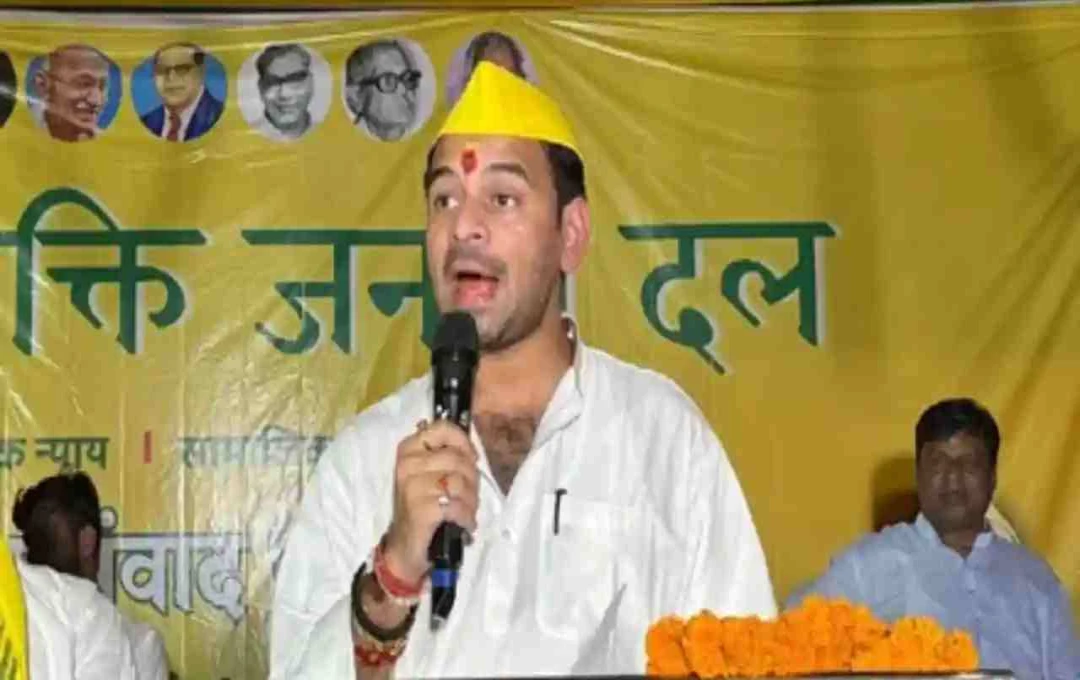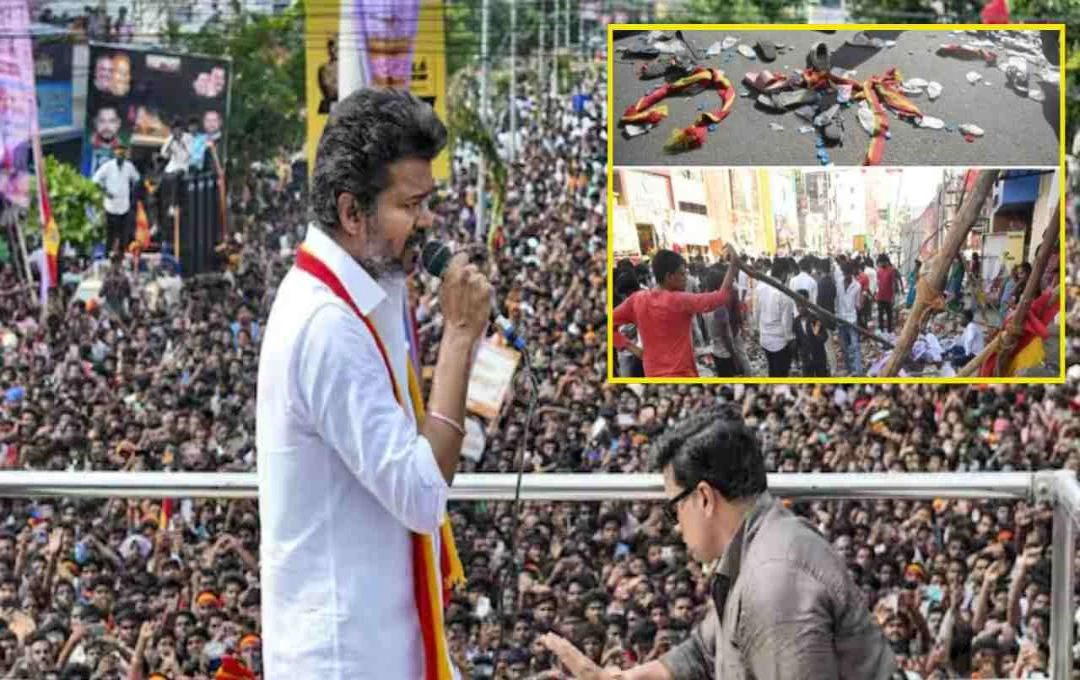A significant division has emerged within the opposition regarding the Narendra Modi government's new bill concerning the dismissal of the Prime Minister and Chief Ministers. The bill, introduced during the recently concluded Monsoon session of Parliament, has sparked considerable turmoil within the opposition camp.
New Delhi: The central government recently introduced a new bill in the Parliament's Monsoon session related to the dismissal of the PM and CMs. As soon as this bill was presented in the Lok Sabha, opposition MPs started creating uproar, disrupting the proceedings of the House. Meanwhile, Union Home Minister Amit Shah proposed sending this 130th Constitutional Amendment Bill to a Joint Parliamentary Committee (JPC), which was approved by the Speaker. Now, a JPC with the participation of MPs from all parties will consider this bill and submit its recommendations.
What does the bill say?
Under this 130th Constitutional Amendment Bill brought by the central government, if a minister or chief minister stays in jail for more than 30 days, they will have to step down from their post. The government claims that this step will strengthen transparency and accountability. However, opposition parties allege that the Modi government may use this law to target leaders of opposition-ruled states.
Bill sent to JPC
When this bill was introduced in the Lok Sabha, opposition MPs created a huge uproar. To handle the situation, Home Minister Amit Shah proposed that this bill be sent to the Joint Parliamentary Committee (JPC). The Lok Sabha Speaker approved this proposal, and now a JPC will be formed, which will include MPs from various parties.
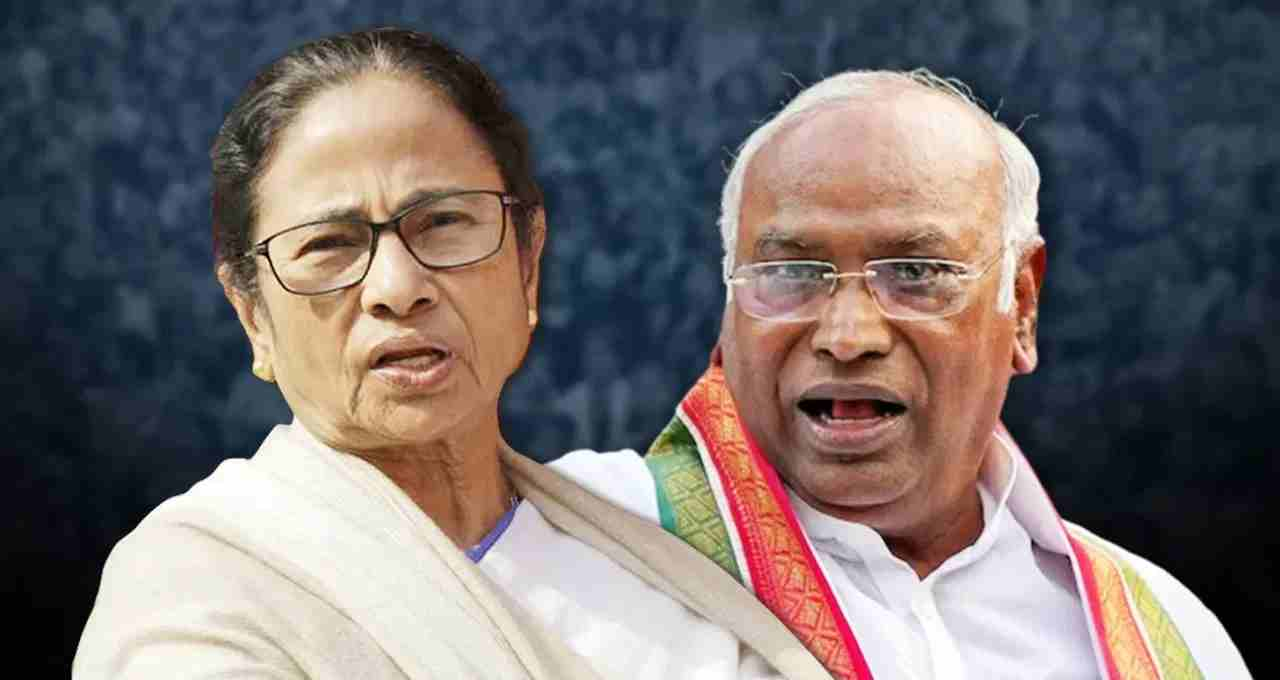
The job of the JPC will be to study the bill, analyze the provisions contained in it, and submit its recommendations to Parliament. While many parties of the opposition INDIA alliance are in favor of joining the JPC, Mamata Banerjee's party Trinamool Congress (TMC) has opposed it. The TMC says that the opposition should not be a part of this committee, but should boycott it. The party believes that joining the JPC will give legitimacy to the government and the opposition will lose its real power.
Stand of Congress and other parties
In contrast, Congress and other parties of the alliance like DMK and Samajwadi Party are in favor of becoming a part of the JPC. Congress hopes that it can get 4 to 5 seats in the panel. These parties believe that JPC is the only platform where the opposition can record its opinion and put pressure on the government.
A heated debate was witnessed on this issue in the recent meeting of opposition parties. According to sources, a senior TMC leader clearly said that the opposition should stay away from the JPC. He argued that the government will ultimately get the bill passed with the strength of its numbers. However, a representative of a smaller party opposed it and said that the JPC is an important platform for the opposition. Giving the example of the Waqf (Amendment) Bill, he said that the Supreme Court had also taken cognizance of the proceedings of the JPC. That is, the proceedings of the committee have legal and constitutional significance.
This is not the first time that differences have emerged within the opposition INDIA alliance. Although the opposition parties appeared united during the Monsoon session of Parliament, the three bills presented on the last day have raised questions about their unity.
